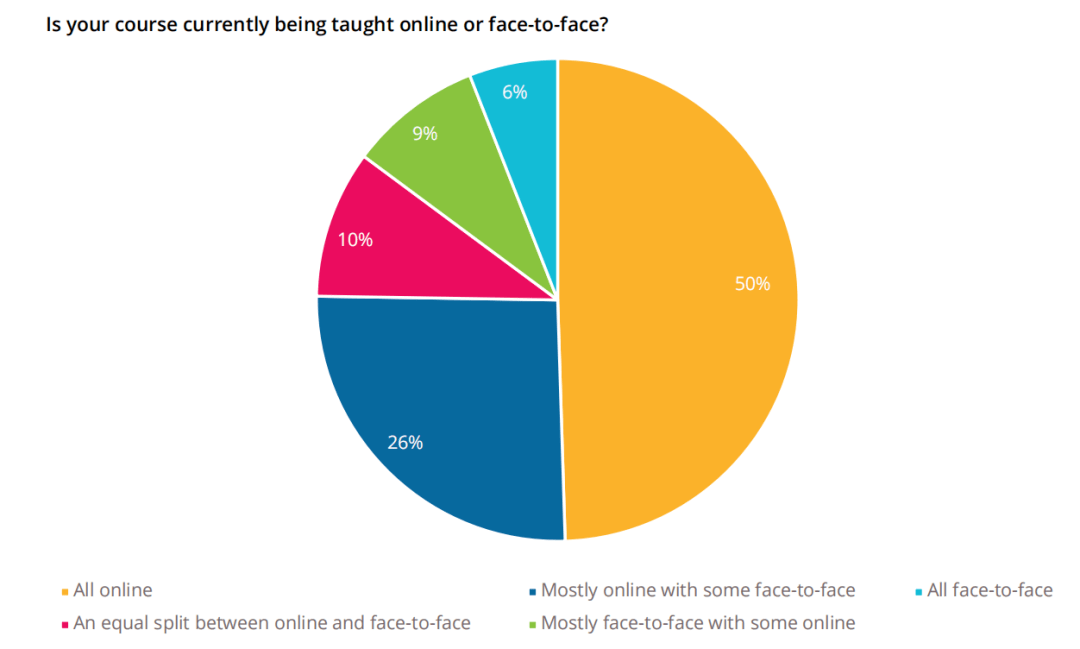Understanding the Impact: Do 401k Loans Show Up on Credit Reports?
#### Translation: Do 401k loans show up on credit reportWhen it comes to financial planning and managing debt, many individuals consider taking out a loan f……
#### Translation: Do 401k loans show up on credit report
When it comes to financial planning and managing debt, many individuals consider taking out a loan from their 401(k) retirement savings plan. However, a common concern arises: Do 401k loans show up on credit report? This question is crucial for anyone thinking about borrowing against their retirement savings, as it can have implications for their credit score and overall financial health.
To address this, it’s important to understand how 401(k) loans work and their potential impact on credit reports. A 401(k) loan allows employees to borrow a portion of their retirement savings, typically up to 50% of their vested balance, with the expectation that they will pay it back with interest. One of the appealing aspects of this type of loan is that it does not require a credit check, which means that it is often viewed as a more accessible option for those who may have poor credit.
However, one of the most pressing questions is whether these loans are reported to credit bureaus. The short answer is No, 401(k) loans do not typically show up on credit reports. Since these loans are not considered traditional debt and do not involve a lender in the conventional sense, they are not reported to credit agencies. This means that borrowing against your 401(k) will not directly impact your credit score.

Despite this, there are important considerations to keep in mind. First, while the loan itself may not affect your credit report, failing to repay the loan can lead to serious consequences. If you leave your job while having an outstanding 401(k) loan, the remaining balance may be due in full, and if you cannot repay it, the IRS may classify it as a distribution. This would not only incur taxes but could also lead to an early withdrawal penalty if you are under the age of 59½. Such penalties and tax implications could indirectly affect your financial standing and creditworthiness.
Another factor to consider is the potential impact on your retirement savings. Taking out a loan from your 401(k) means that those funds are no longer invested, which could hinder your retirement growth. If the market performs well while your money is out of the market, you could miss out on significant gains. This is a critical aspect to weigh when considering whether to take out a 401(k) loan.

In conclusion, while 401(k) loans do not show up on credit reports, they come with their own set of risks and considerations. It is essential to evaluate your financial situation thoroughly and consider all options before proceeding with a loan from your retirement savings. Consulting with a financial advisor can also provide valuable insights tailored to your specific circumstances. Remember, while accessing your 401(k) can provide immediate relief, the long-term implications for your financial health and retirement goals should not be overlooked.